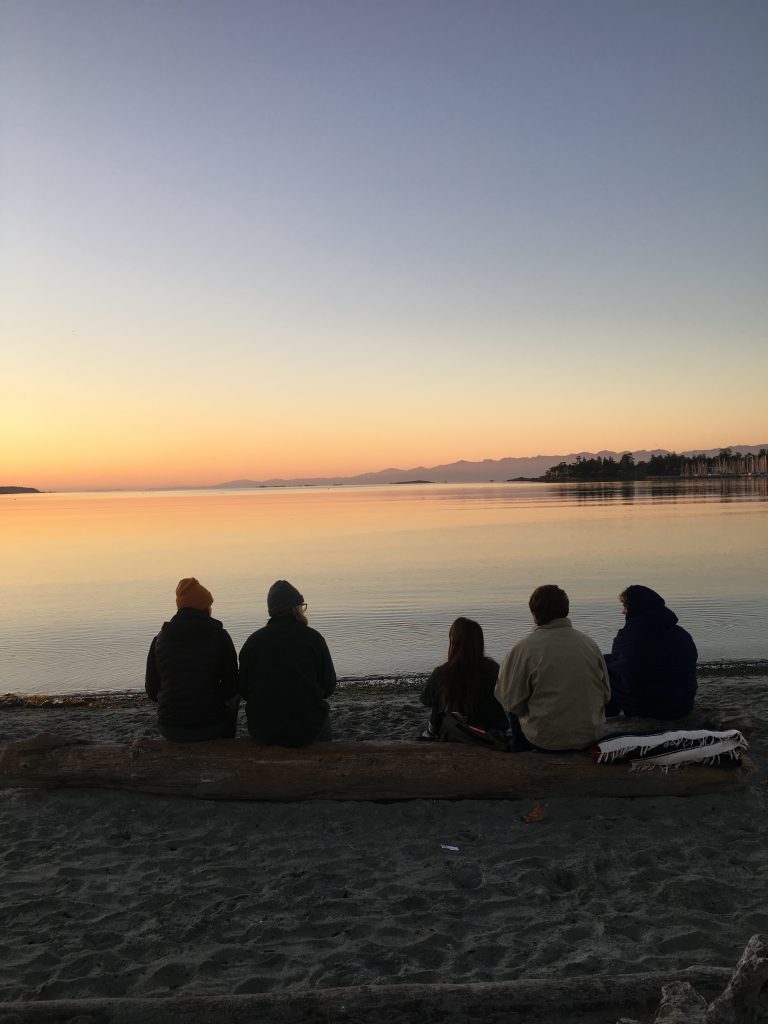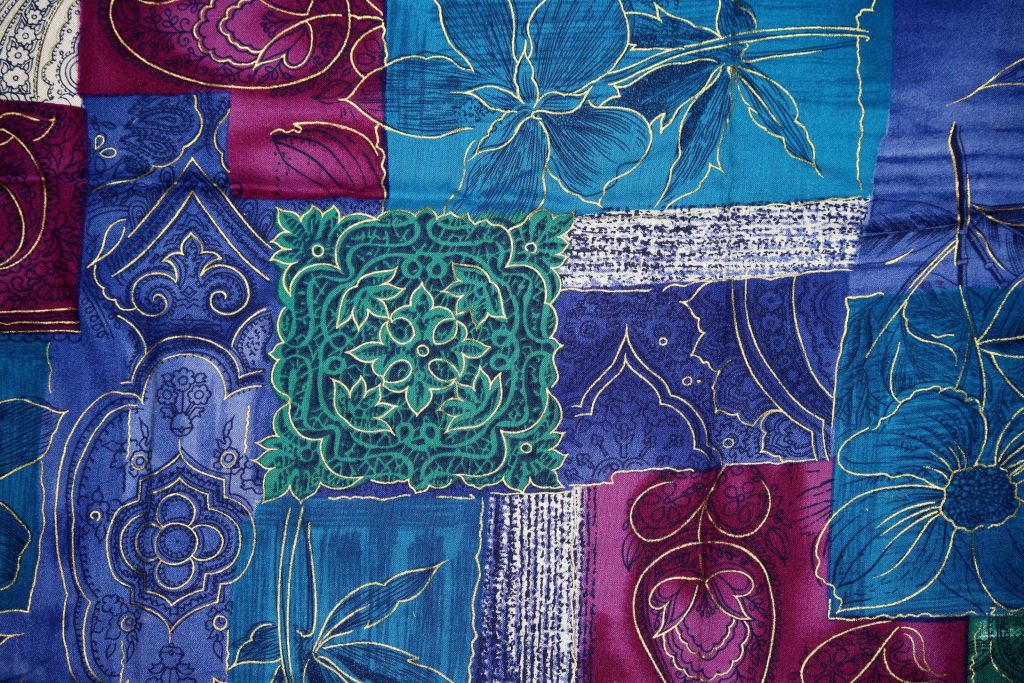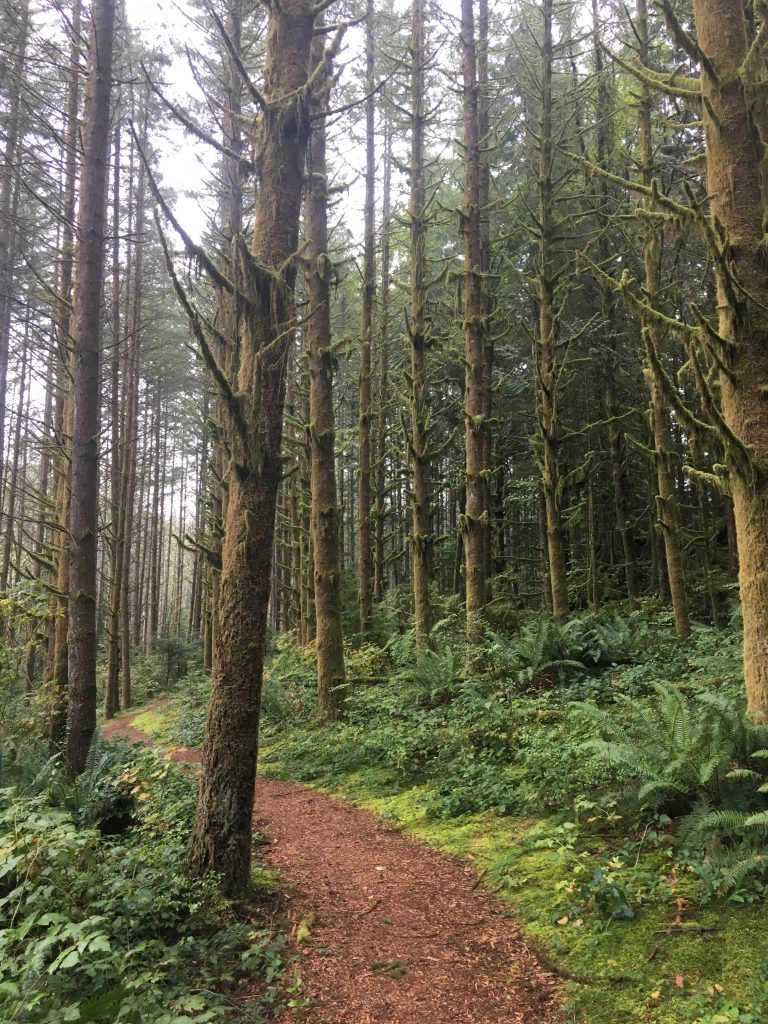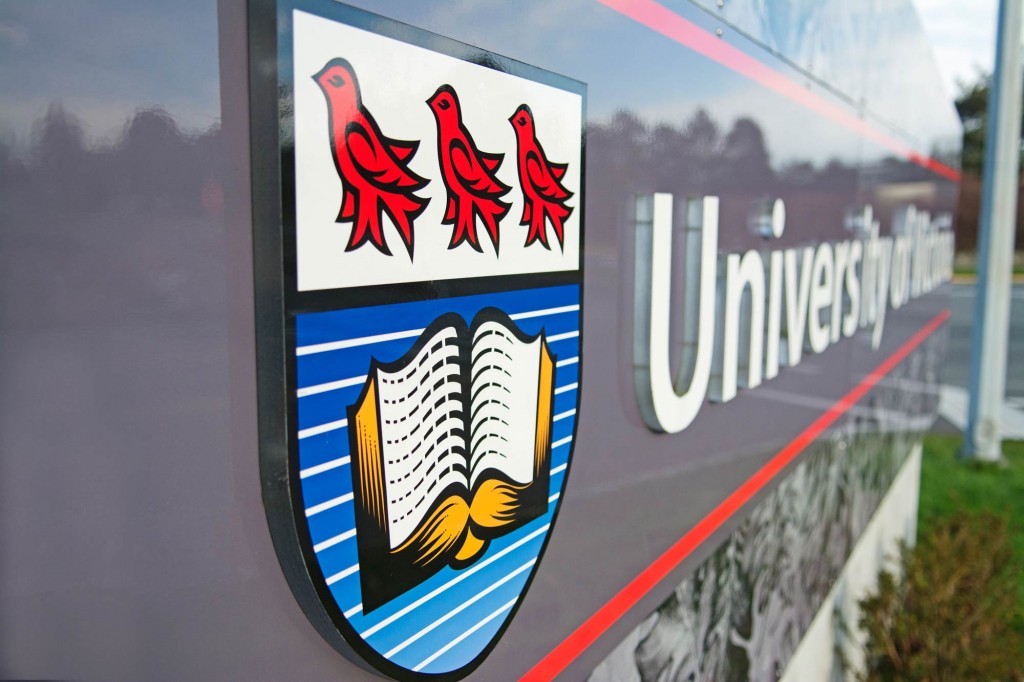Decolonization. Why it’s important and why it needs you!
Colonialism is everywhere in our society. Talking about Canada’s history of colonialism and its present-day acts of colonialism can be incredibly difficult. However, not learning about it and not knowing about it leads to no change in our society, when change is what is desperately needed.
I am writing this post to continue the conversation on what non-Indigenous peoples who continually benefit from Canada’s land and resources (settlers) can do to decolonize ourselves. I believe it is also important to mention that I am a settler, having grown up on unceded lands in Alberta and continuing my education on the unceded lands of the Lekwungen speaking peoples of the Songhees, Esquimalt and WSÁNEĆ nations here at the University of Victoria.

Cadboro Bay used to be the site of the Sungayka village where Songhees and Esquimalt Nations lived seasonally. The long-houses on this bay were burnt down by settlers.
Decolonization goes beyond territory acknowledgments (though territory acknowledgments are a good starting point). It acknowledges the harm that Canada’s colonial history has had on Indigenous nations, peoples, and culture. This understanding is incredibly important in moving towards a nation that holds a strong and respectful relationship between Indigenous and non-Indigenous people.
In order for Indigenous peoples to focus on re-Indigenization and resurgence in their communities, we as settlers need to use the powers we have to decolonize ourselves and our nation.
It is okay if you are new to these ideas, or if they make you feel uncomfortable. I am new to these ideas, and they constantly challenge what I grew up knowing and push me out of my comfort zone.
In the words of environmental activist Greta Thunberg, “action is hope.” The time for action towards a decolonized nation is now and with our action, we can bring hope. Hope for a country that has true multicultural values and hope to Indigenous peoples to continue practicing their culture and connection to the land.

Canada is often referred to as a multicultural nation with the patchwork quilt example of every culture being able to thrive by themselves and coexist peacefully. This is not happening at the moment with Indigenous nations and Canadian people/government.
We need to start with recognizing our colonial present. Colonization is a major part of our country’s history, and it is still happening today. Many of us are Canadian settlers, born into a colonial system where Indigenous marginalization is often normalized.
An example of current colonialism is seen in the quality of life that we as privileged settlers experience. Canada constantly ranks among the top countries for quality of life; yet many Indigenous peoples living on reserves live in conditions comparable to economically developing nations, with inadequate access to drinking water and without adequate sewage disposal systems.
There are many more examples, such as government-funded pipelines being built on unceded territories and reserves without Indigenous consent and the continuing racist and discriminatory discourses towards Indigenous people.

For some Indigenous communities pouring water from the tap is not as easy as it is for most Canadian communities…Many reserves have been under a boil water advisory for years.
It will take a lot of combined effort to change that, but we can start with simple things and go from there. We all identify with the settler identity in different ways, so it makes sense that we will each have different methods and paths of decolonization.
How can we begin our individual journeys of decolonizing? My Indigenous studies professor Dr. Pete, peers and I have come up with these suggestions as a starting point:
- Listen to Indigenous radio such as A Tribe Called Red, CBC radio stations Unreserved and Reclaimed and our local campus radio which has Indigenous DJs and speakers.
- Learn about current issues facing Indigenous peoples. Get information from both sides of the story, not just the settler-colonial version.
- Listen to the voices of Indigenous scholars and Indigenous intellectuals. Authors and activists such as Arthur Manuel and Chelsea Vowel have so much to say.
- Watch this 3 minute video in which Miriam-Rose Ungunmerr-Bauman speaks to the practice of deep listening.
- Take an Indigenous studies course!! UVic offers a couple of introductory courses which are extremely powerful and informative (and in my case life changing). Read about how life-changing this course can be from another blogger.

Take a walk around campus and recognize that this land has been home to Indigenous Nations for thousands of years.
Finally please remember that this land we are learning on and most likely the land many of you grew up on (in Canada) was stolen from Indigenous peoples. We are not the original peoples of this country.





i find the term “re-indigenization” offensive, and problematic. what does it mean? am i not an indian, native american, first nations’ person, because i dont speak Halq’eméylem because i moved away from my traditional territory, because i prefer watercolour painting to carving, and sourdough over bannock? is my identity not authentic enough?
The use of we, or us is including first nations, if we or us all worked together than settlers would not have to decolonize. as an indigenous women of Tsartlip. WSANEC members had to adapt to settlers ways, for far to long, only if it were the other way around none of this would be colonized.
I wish you would expand more on the idea of settlers decolonizing. It’s a difficult subject and not too many settlers are talking about it or actively examining their role in ongoing colonialism. Decolonizing the mind is a vital starting point but very complicated. Your suggestions are very important and necessary steps. I’d also like to add that settlers need to start to challenge their perspectives on their relationship with the land. Just their own personal relationship and how they relate. Thank you for putting in work to educate and writing this article!
What is meant to be the end goal of decolonization? Complete re-indigenization, inclusion, abolishment of the Indian Act? Or something else entirely?